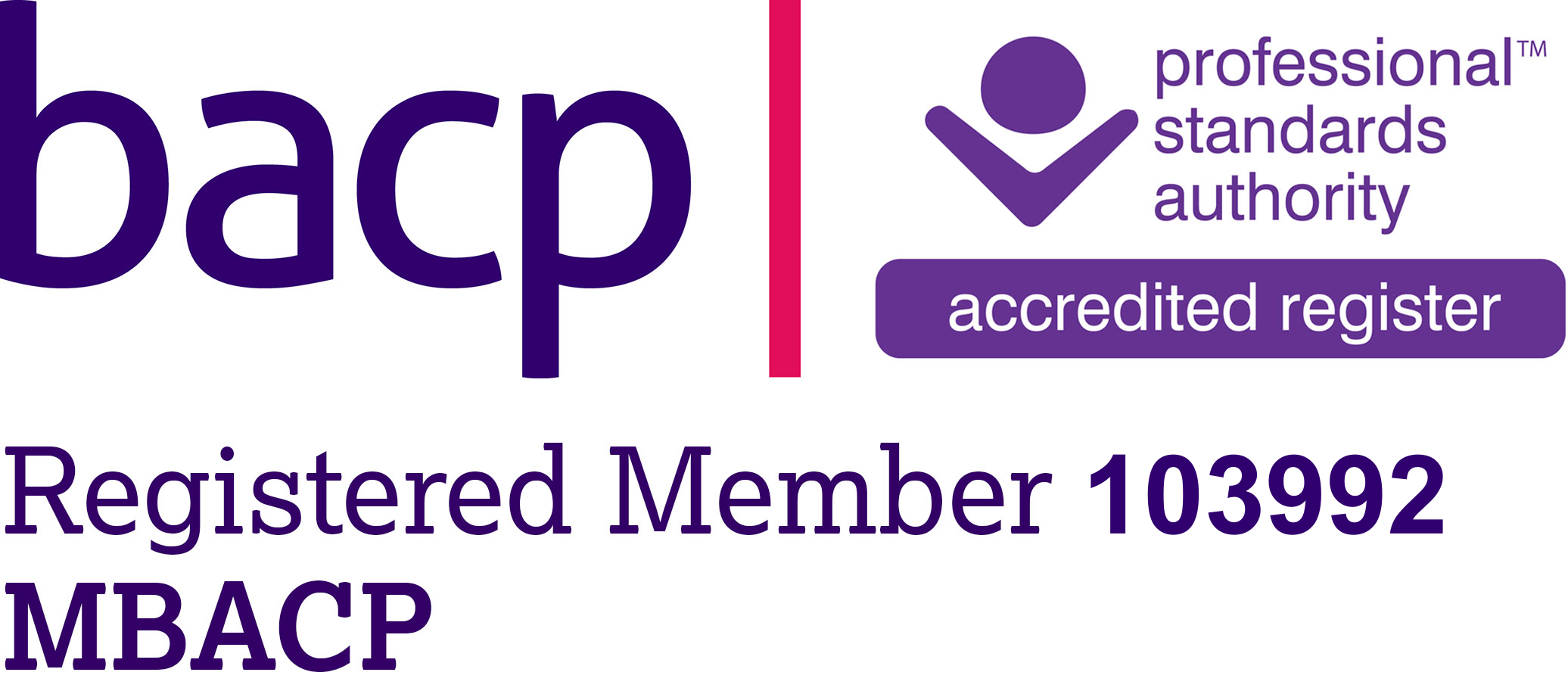Addiction to Stress: 6 tips to quit it
I doubt there’s anybody that can argue that too much stress isn’t good for us. It causes daily fatigue, bad sleep, bad temperedness, head aches, palpitations, muscle tension, irritable bowel syndrome, stomach ulcers, Gerd, depression, autoimmune disease and so many more wonderful ailments and illnesses that f*ck us up, all that then leads to even more stress and we are on a merry-go-round of misery.
But weirdly we seem to chase stress. We drink coffee to cope with tiredness and fatigue on a daily basis - which actually makes us wired. We load on a high impact gym class which pumps us full of Adrenalin and when we feel drained and exhausted, we “relax” by logging onto social media and look at how much happier, richer, thinner and popular other people are on Instagram - so basically adding more stress.
So can we break this negative cycle? Yes we can if we want to. Like most things in our lives, it’s a choice.
Here are a few tips. Try them out and see if you are a stress junkie or whether you do actually prefer calm.
1. Laugh
You’ve heard that saying “ laughter is the best medicine” right? Well there’s truth in it. You must have experienced how good you feel when you have a really good laugh. In fact, there’s research to back up that laughter can lower levels of stress hormones including cortisol and adrenaline, and release feel-good endorphins. There’s even such a thing as Laughter Therapy and Laughter Yoga ?but never having tried either of those I can’t say whether they work, but I can imagine finding it hilarious if I went along with a couple of my friends. However a funny film or comedy store will be a good start!
2. Exercise
Exercise is a great stress reliever. But the type of exercise is important. If you’re stressed-out or exhausted, a high impact HIIT class probably isn’t the best option. Endurance and high-intensity exercise give us a buzz of adrenaline and endorphins, but for the same reason, they also feed into that addictive stress cycle like coffee does which can keep us on that exhausted> adrenaline> exhausted cycle. Try swapping some of your workouts for weight training, Pilates and yoga where it can help lower stress hormones.
3. Replace caffeine
When we feel stressed and tired we go and buy a coffee don’t we. Normal tea isn’t all that much better either. Look to natural plants and herbs to help rebalance your calm. Ashwagandha is a herb traditionally used to help balance the effects of stress, calming the nerves and relieving anxiety while also supporting energy. Chamomile is known for its calming and soothing effects too, and fennel can help counteract the effects of anxiety and stress on the gut.
4. Sleep
Power naps are great news! Getting 10-20 minutes shut-eye can invigorate and regenerate us. I know when we’re stressed-out with a to-do list as long as our arm, it can be tempting to burn the midnight oil, but honestly we know how bad that is for us don’t we. Sleep is the time when our stress hormones calm right down and hormones responsible for repair are released, allowing the body to recover. This recovery time is so vital to maintain your energy, immunity, strength and most importantly, your ability to handle more the stress you’ll put on yourself the next day. Get strict with your bed time, don’t take technology to bed with you, have a relaxing bath, slide into a nice clean bed and get a good 8 hours of sleep. Tomorrow’s another day!
5. Ommm!
Meditation isn’t as hard as you think. Obviously don’t expect to get to Tibetan monk level by the end of the month, but just switching your brain away from stress is what matters. Regular commitment of just ten minutes a day can be enough to make a difference. I was told by a Monk that even sitting in your car and counting or naming things you see around you can switch the mind off from the stress pathway it is running on. Guided meditations can be a great introduction to meditation, so download a meditation app today and get started.
6. Get outside and into nature
We have so many places we can visit that cost nothing. If you live in a city where you can’t walk through woodlands, many National Trust foundations have stunning gardens and woodlands that allow you to enjoy for free, so plan weekends where you’re out in nature. Research has found that spending time in nature can reduce stress levels and protect against its negative effects.
Aaaah.... Good-bye stress... hello, tranquillity.


